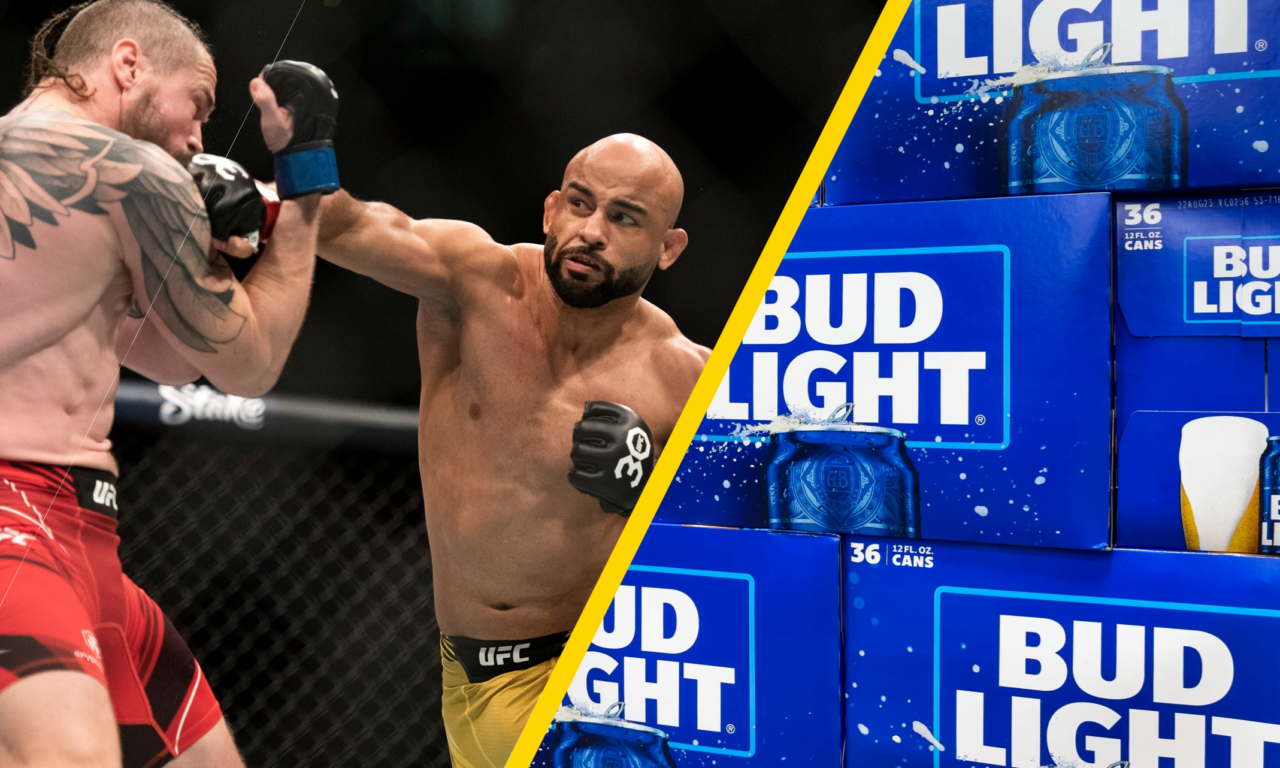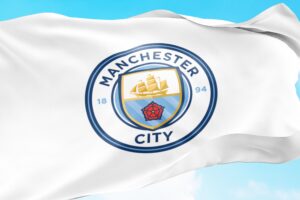Bud Light’s branding rollercoaster: A Lesson in brand perception and sponsorship strategy

Perhaps the greatest single benefit of sponsorship is the ability to alter or enhance brand perception. Bud Light, America's once best-selling beer, has navigated a turbulent journey recently, learning crucial lessons about sponsorship strategy and audience alignment.
The missteps: Bud Light's sponsorship with trans activist Dylan Mulvaney
Bud Light's missteps began with a seemingly innocuous sponsorship of trans activist Dylan Mulvaney. Despite the campaign's limited scope, the beer giant failed to understand the depth of its audience's beliefs. The fallout was swift, with figures like Florida Gov. Ron DeSantis and Caitlyn Jenner criticizing the brand openly. Sales plummeted by 29%, and Bud Light found itself in a challenging position.
Lesson 1: Research and audience alignment
The debacle highlighted the paramount importance of market research. Understanding the diverse perspectives of their consumer base is essential. In an era where progressive movements matter, Bud Light’s oversight showcased the need to comprehend market dynamics comprehensively.
Lesson 2: Clarity in communication
Bud Light's response was ambiguous and lacked conviction. Clear, consistent communication is essential when faced with controversy. Bud Light's failure to communicate a strong, unified message left both supporters and critics dissatisfied, showcasing the need for transparency and consistency.
Lesson 3: The comeback: Leveraging sponsorships to alter brand perception
Fast forward to the present, Bud Light has opted for a new sponsorship strategy by partnering with UFC, a lucrative multi-year deal reportedly worth over $100 million. This strategic move aligns with Bud Light’s core audience and aims to shift customer perception back to Bud Light’s core values.
I’m proud to announce we are back in business together. There are many reasons why I chose to go with Anheuser-Busch and Bud Light, most importantly because I feel we are very aligned when it comes to our core values and what the UFC brand stands for. UFC CEO Dana White
The comeback: Bud Light and UFC reunite
Bud Light's reunion with UFC signifies more than just a partnership. It’s a strategic pivot, an opportunity to reconnect with its audience, especially the younger demographic. UFC’s popularity among millennials and Gen Z makes it an ideal platform for Bud Light's rebranding efforts.
The takeaway: Sponsorship as a powerful brand perception tool
Bud Light’s rollercoaster journey underscores a critical lesson: sponsorships wield immense power in shaping brand perception. They can dramatically alter the narrative surrounding a brand, either positively or negatively. The key lies in meticulous research, clear communication, and strategic alignment with the audience’s values.
As the brand steps into this new chapter with UFC, it's a testament to the resilience of marketing strategies and the importance of adapting to changing times. The story of Bud Light serves as a valuable case study, emphasising that in the realm of sponsorships, understanding your audience and aligning with their values can redefine a brand's narrative.









